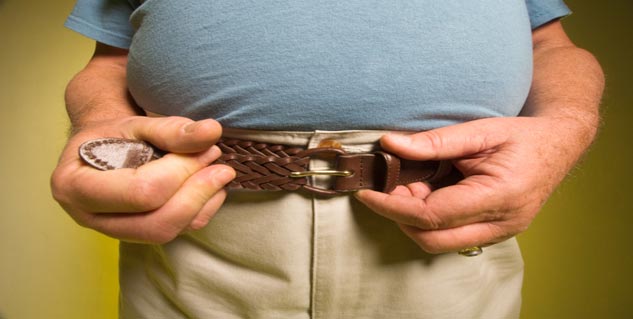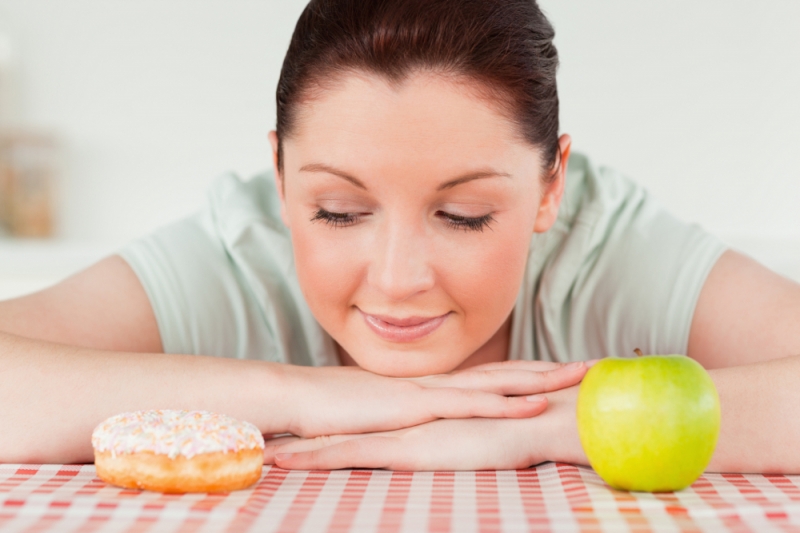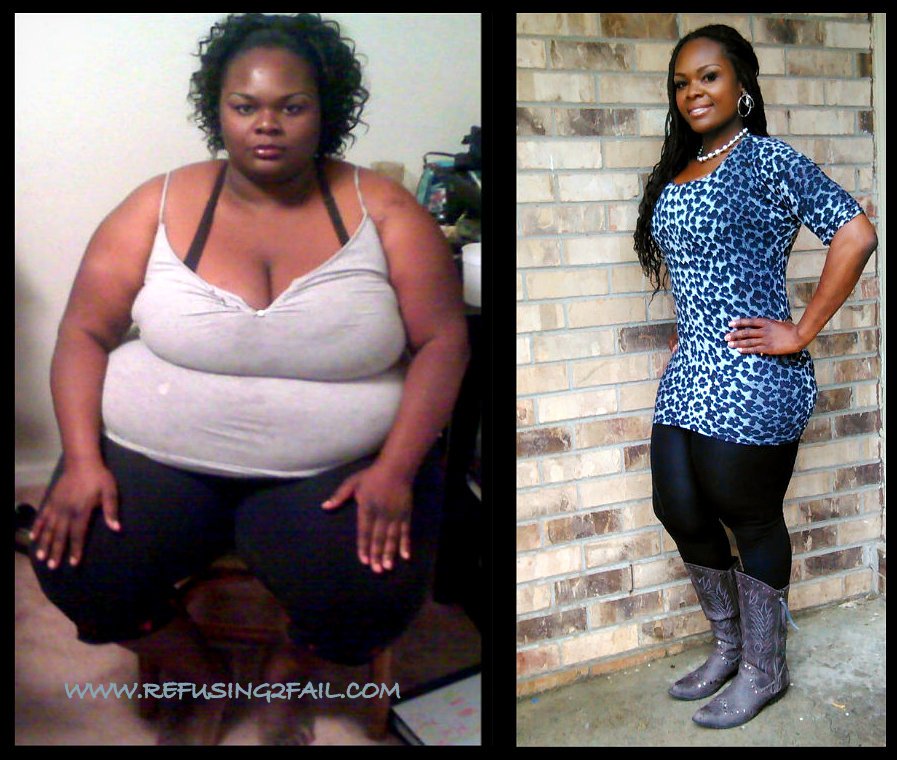Weight Loss versus Fat Loss: Unlocking the Body of Your Dreams Part II
In part I, I talked about the main differences on weather you are going to go for weight or fat loss. Today, I'm going to talk about certain aspects of nutrition related to each. For those of you that don't know, nutrition is even more important for fat loss than actual exercise. But don't get me wrong they are both very important. And when you combine both in the right combinations and add rest/recovery into the mix you can turn your body into a fat burning furnace 24/7.
But first we'll talk about some of the reasons why people fail on a weight loss diet. First off the calories are way too low. People think that in order to lose weight all they have to do is cut the calories. You think to yourself 'If eating too much made me put on this weight, then to lose it, I just need to reduce what I'm eating.' WRONG! This will put you into starvation mode, even if you aren't hungary, your body is starving. You are more prone to add whatever you eat as fat, and you are losing muscle, and your metabolism is slowing down.
Don't guesstimate your calories. Especially if you are going on a new diet regime. You need to know exactly how much you are eating. But here's the tricky part when it comes to fat loss-- you need to eat under your basal metabolic rate (what you would burn just lying in bed all day)plus your activity level, but you can't go too far under, otherwise you'll just go back into starvation mode. Starving yourself is good for weight loss, but again you're losing muscle and slowing your metabolism down, and you'll cling to fat like a magnet. The weight will come off easy at first, but then it all comes to a screeching halt. You just hit the weight loss plateau Usually 3 things happen: 1.) you will either continue doing what you've been doing expecting a different result, and not getting it 2.) you will stop and try something else, 3.) you will completely stop and the weight will come back (usually more) then you'll try something else. Stop guesstimating. You need to know your calories.
Now on to carbohydrates. Whoever thought that eliminating an entire food group from the diet was a good idea needs to checked into a mental hospital. You do not need to eliminate them from your diet or severely reduce them. A calorie is a calorie weather or not it comes from protein, carbs, or fat. Each of those has a specific function in your body, and each is needed by the body for metabolic and chemical reactions. Carbs fuel you, they give you energy to last throughout the day and your workouts. However, carbs can be tricky. It's easy to overdo it. Generally speaking you need more starchy carbs in the beginning of the day, switching to more fibrous, veggie type carbs later in the day. But that's in general, everybody is different, with different schedules and lives. But totally eliminating them or severely reducing them causes the body to get it's fuel someplace else, that means extra work for your body, and that means something(s) else in your body isn't working to it's full capacity.
Now let's chew the fat. First off you need to know approximately what your body is burning on a daily basis if you're going to be successful. You can go Google 'calories per day calculator'. It's only a guess, remember. There's a bunch of other things that could lead to more or less calories being burned, i.e. stress, fidgeting, work, etc... Now back to fat. Fat is an essential part of your diet, and needs to be around 20-30% of your daily calories. Here's an oxymoron for you: eating fat will help you burn more fat. That is as long as it is the healthy kind-- poly- and mono-unsaturated, and essential fatty acids. Less than 10% of your total fat calories should be from saturated fats. And NO TRANS FATS. These are the fats that cause the problems-- heart disease, stroke, cancer, diabetes, high cholesterol, etc....
Lastly is protein. When eating for fat loss, protein needs to be consumed every 3 hours. Your body does not have a storage facility for protein, like it does fat and carbs. So you need to constantly send it a steady stream of amino acids to constantly burn fat and build lean tissue throughout the day. Skipping meals and protein will cause your body to go into starvation mode again, and it will start 'eating' into that hard earned lean muscle tissue, and slow your metabolism and your fat-burning efforts down.
Trust me, eating for fat loss is the way to go for healthy, long-term body image control and disease prevention.
-
How To Start Losing Weight And Keep Losing Weight
I have put off writing a motivation article because of two reasons: 1)
-
Fat Loss Workout Reminders That Will Get You Off Your Ass And Into Shape In The Blink Of An Eye
Several people are wondering if there are some fat loss workout regime
-
6 Tips on How To Manage Your Weight
If you are looking to lose weight the chances are that you would li
-
A Healthier Way To Lose Weight Really Fast
There are actually countless tips in losing weight where you can find
-
Weight Loss Motivation - 4 Effective Ways To Encourage Yourself To Lose Weight
A lot of people quit in the middle of a
-
5 Simple Tricks to Stick to Your Weight Loss Goal
Having troub
- DON'T MISS
- Experiencing Ache Knees and Back? You may have Osteoarthritis
- Fight Obesity With Diet Pills And And A Proper Diet
- Fat Is A SelfInflicted Disease
- How To Lose Weight Websites
- Healthy weight loss tips for men that actually work
- Weight Loss Techniques - Why Skipping Meals Is Bad For Weight Loss
- How To Start Your Weight Loss Diet Plan
- Fat Loss: Top 10 Mistakes!
- Weight Loss Plans - Rapid Weight Loss Ideas
- 7 Tips for Healthy Dining Out




